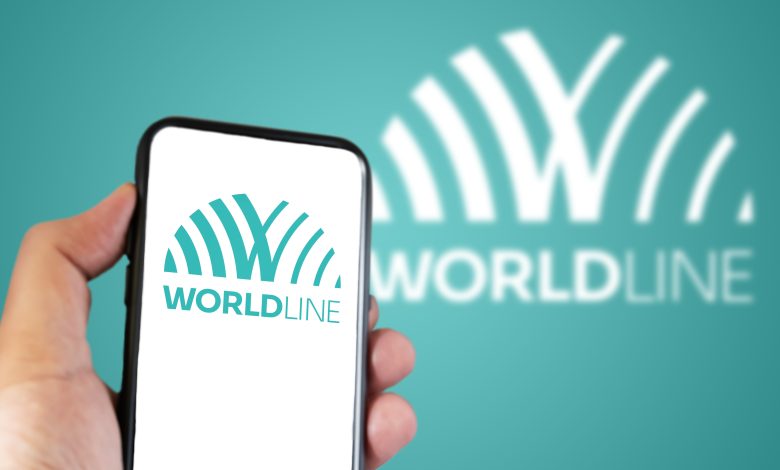A nationwide card payment outage on Thursday morning, attributed to a service disruption at Worldline, left shoppers across the UK frustrated and unable to pay for their groceries. The outage, which lasted for approximately an hour, impacted major supermarkets like Sainsbury’s and Asda, forcing some stores to temporarily accept only cash payments.
The incident may raise concerns about the reliability and resilience of the Worldline payment infrastructure that underpins some of their client’s retail operations. Worldline, a major payment processing provider, acknowledged the disruption and apologised for the inconvenience caused, but questions remain about the root cause of the outage and what measures are being taken to prevent similar incidents in the future.
During payment system outages, retailers can lose significant amounts of money, potentially hundreds of thousands of pounds per hour. It’s often unclear whether Sainsbury’s, Asda or the payment processor, such as Worldline in this case, bears these losses, as this is typically decided in contracts negotiated during the Request for Proposal (RFP) stage.
Supermarkets choose and trust in payment providers like Worldline, based on their ability to avoid disruptions and maintain operations smoothly. Providers that demonstrate strong and reliable systems tend to win contracts, which helps protect supermarkets’ revenue and reputation.
Many customers now rely on digital payment methods like Apple Pay and Google Pay instead of carrying physical cards. When a supermarket’s card payment system fails, like with Worldline, customers may choose to shop elsewhere, causing further revenue loss and potential harm to customer loyalty.
On 11th July 2024, Sam from the Asda Service team on social media provider X responded promptly to a customer inquiry, acknowledging awareness of the ongoing issue and assuring efforts to resolve it swiftly. The outage not only inconvenienced shoppers but also had a financial impact on retailers, who were compelled to turn away customers or resort to cash-only transactions. Apologies were extended for any inconvenience caused during the disruption.

While Worldline has stated that the service has been fully restored, the incident serves as a stark reminder of the need for greater investment in resilient and redundant payment systems. The reliance on a single provider for critical infrastructure can be risky, as any disruption can have a cascading effect on the entire system.
To address the risks highlighted by the recent outage despite Worldline’s statement of full restoration, it is imperative for retailers to diversify their payment processing providers. Implementing a multi-provider strategy ensures redundancy and resilience against potential disruptions. By integrating multiple payment service providers, companies can mitigate the impact of any single provider’s downtime, thereby safeguarding continuous operations and minimising customer inconvenience. Additionally, ongoing investment in robust infrastructure and proactive monitoring systems can further enhance system reliability, ensuring uninterrupted service delivery even during unforeseen technical challenges. This strategic approach not only enhances operational resilience but also reinforces trust and confidence among customers, maintaining business continuity and reputation in the competitive marketplace.

While Worldline has apologized for the inconvenience, there has been no detailed explanation of what caused the outage or what steps are being taken to prevent a recurrence.




